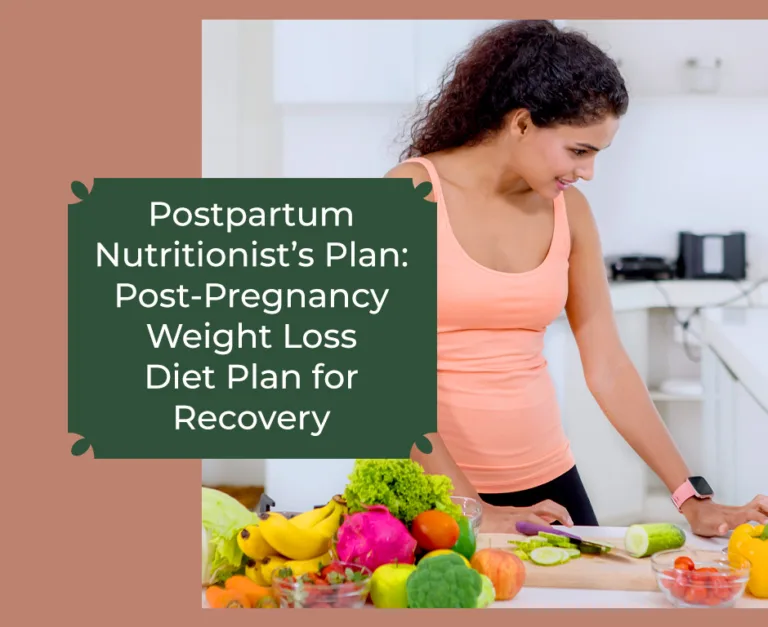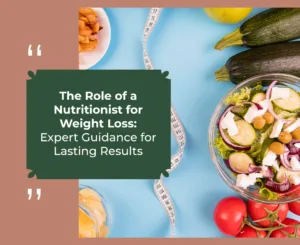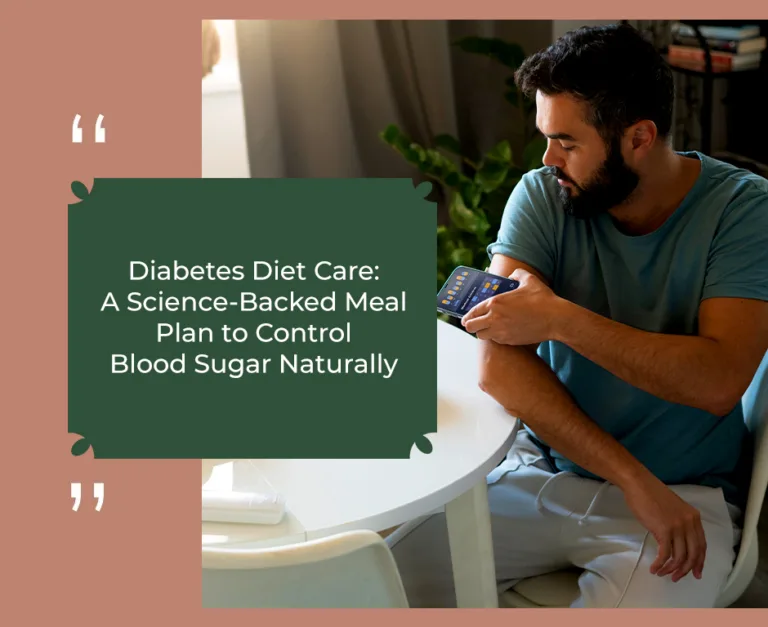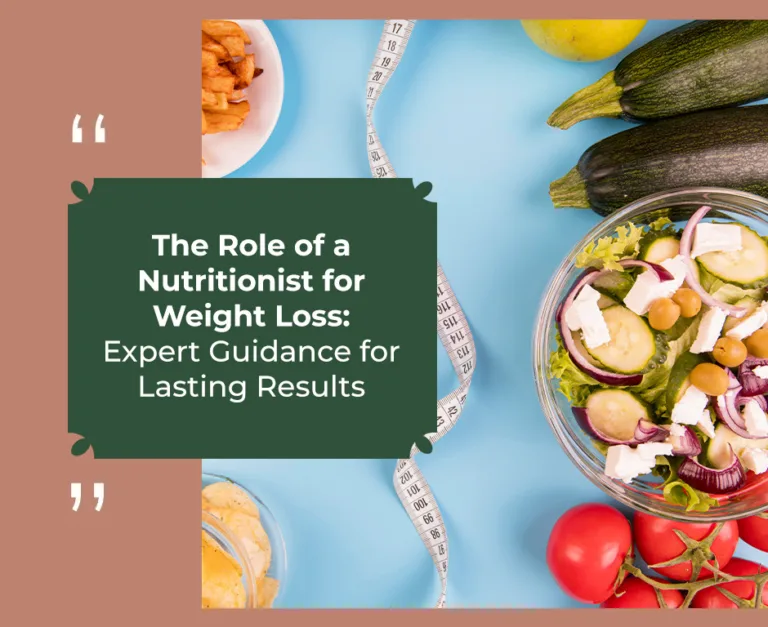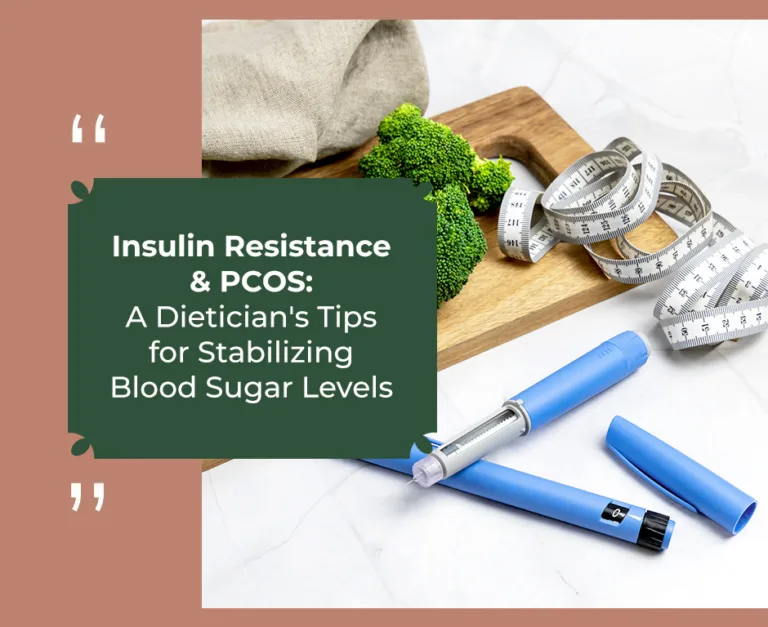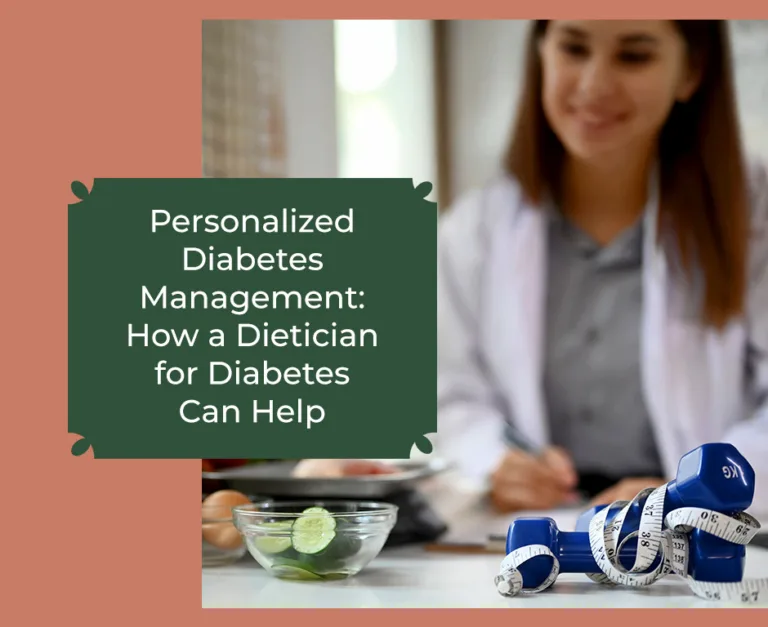Introduction
Navigating the postpartum period is both exciting and challenging. While it’s a time to focus on your baby, your own health and recovery are just as important. A postpartum nutritionist can guide you in creating a balanced diet that supports recovery and promotes healthy weight loss after pregnancy. This blog explores essential tips for a post-pregnancy weight loss diet plan that ensures you regain your strength while shedding those extra pounds safely and sustainably.
The Importance of Nutrition After Pregnancy
The postpartum period is a time of significant physical and hormonal changes. Your body needs time to recover from childbirth, and proper nutrition plays a vital role in this process. A diet rich in essential nutrients not only supports recovery but also helps restore energy levels, promotes lactation, and aids in weight management.
However, postpartum weight loss should never come at the expense of your health. A postpartum nutritionist emphasizes a gradual approach, combining a nutrient-dense diet with light physical activity to ensure sustainable results.
Key Components of a Postpartum Weight Loss Diet Plan
- Protein for Recovery
Lean protein sources like chicken, fish, eggs, tofu, and legumes are essential for muscle repair and overall recovery. Protein also keeps you feeling full longer, reducing the likelihood of overeating. - Fiber for Digestion
Foods like whole grains, fruits, vegetables, and legumes provide fiber, which supports digestion and helps regulate blood sugar levels. High-fiber foods also prevent bloating, which is common during the postpartum period. - Healthy Fats for Hormonal Balance
Healthy fats found in avocados, nuts, seeds, and fatty fish like salmon are crucial for balancing postpartum hormones. Omega-3 fatty acids, in particular, promote brain health for both you and your baby. - Complex Carbohydrates for Energy
Instead of refined carbs, opt for complex carbohydrates like quinoa, oats, sweet potatoes, and brown rice. These provide long-lasting energy, especially for new mothers managing sleepless nights. - Hydration for Lactation and Recovery
Staying hydrated is key for lactation and overall recovery. Aim for at least 8-10 glasses of water a day, and include hydrating foods like watermelon, cucumber, and citrus fruits.
Postpartum Weight Loss Tips
- Don’t Skip Meals
Skipping meals may seem like a quick way to lose weight, but it can slow your metabolism and leave you feeling fatigued. Instead, focus on small, frequent meals to keep your energy levels steady. - Include Superfoods
Incorporate superfoods like spinach, almonds, chia seeds, and blueberries into your diet. These are packed with nutrients that support recovery and help with weight loss. - Prioritize Sleep
Although challenging with a newborn, getting enough sleep is crucial for weight loss and recovery. Poor sleep can lead to hormonal imbalances, making it harder to shed postpartum weight. - Seek Professional Guidance
Consulting a postpartum nutritionist ensures that your diet plan is tailored to your specific needs. They can help you balance your nutritional requirements while working towards your post-pregnancy weight loss goals.
Sample Post-Pregnancy Weight Loss Diet Plan
- Breakfast: Oatmeal with chia seeds, almond butter, and fresh berries.
- Mid-Morning Snack: A boiled egg and an apple.
- Lunch: Grilled chicken salad with mixed greens, quinoa, and a light olive oil dressing.
- Afternoon Snack: A handful of walnuts and a small banana.
- Dinner: Baked salmon, sweet potato mash, and steamed broccoli.
- Optional Evening Snack: Greek yogurt with a drizzle of honey.
Conclusion
Postpartum weight loss is a gradual process that requires patience and a holistic approach. A postpartum nutritionist can help you design a post-pregnancy weight loss diet plan that prioritizes your recovery while supporting your health goals. By focusing on balanced nutrition, regular physical activity, and proper self-care, you can navigate this journey effectively and healthily. Always remember, your well-being is as important as caring for your baby.


